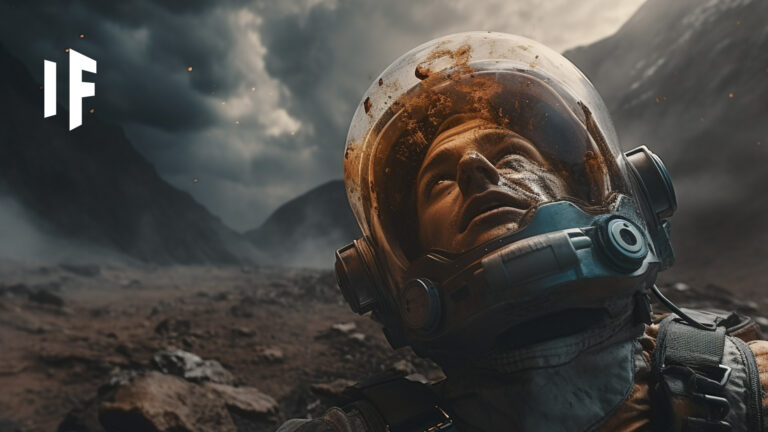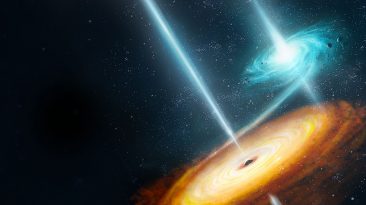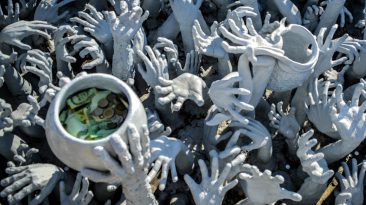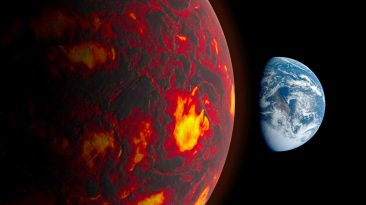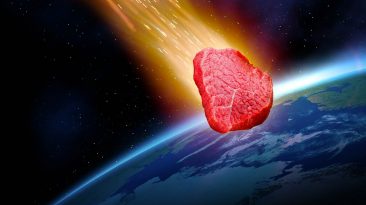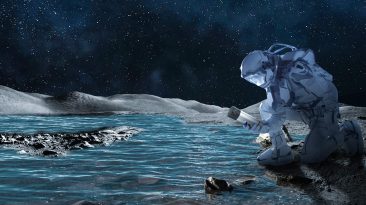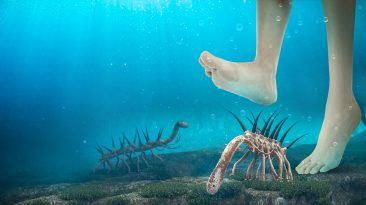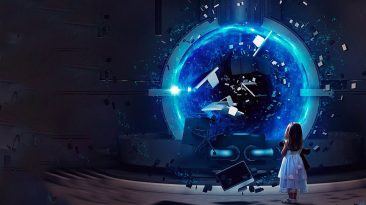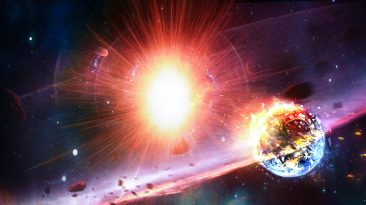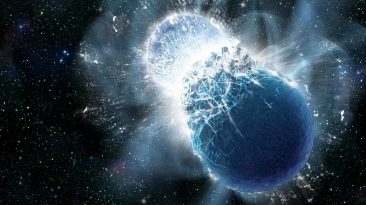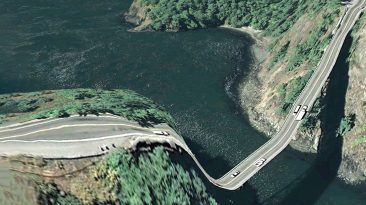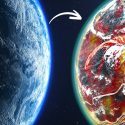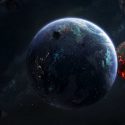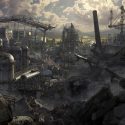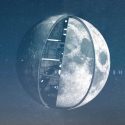Eleven times wider than Earth. Over 300 times more massive. And a million times more terrifying. Jupiter may look like a beautiful ball of swirling clouds, but on the inside, it is a gaseous inferno. Its massive storms, lightning, and crushing pressures make it one of the most extreme worlds in our solar system. But what if things had gone differently for the king of planets? What if Jupiter was not a gas giant at all? What if it was a solid, rocky giant instead?
Imagine stepping onto its surface. What would it feel like? Could it ever be habitable? And most importantly, could you even survive?
How Jupiter Became a Gas Giant
Jupiter is ancient, around 4.5 billion years old. It began as a swirling disk of gas and dust that formed a sizable planetary core. Over time, this core grew, attracting rock, ice, and metal. Yet, Jupiter did not stop there. With an insatiable appetite for gas, it drew in massive amounts of hydrogen and helium. This relentless pull transformed it into the majestic gas giant we know today.
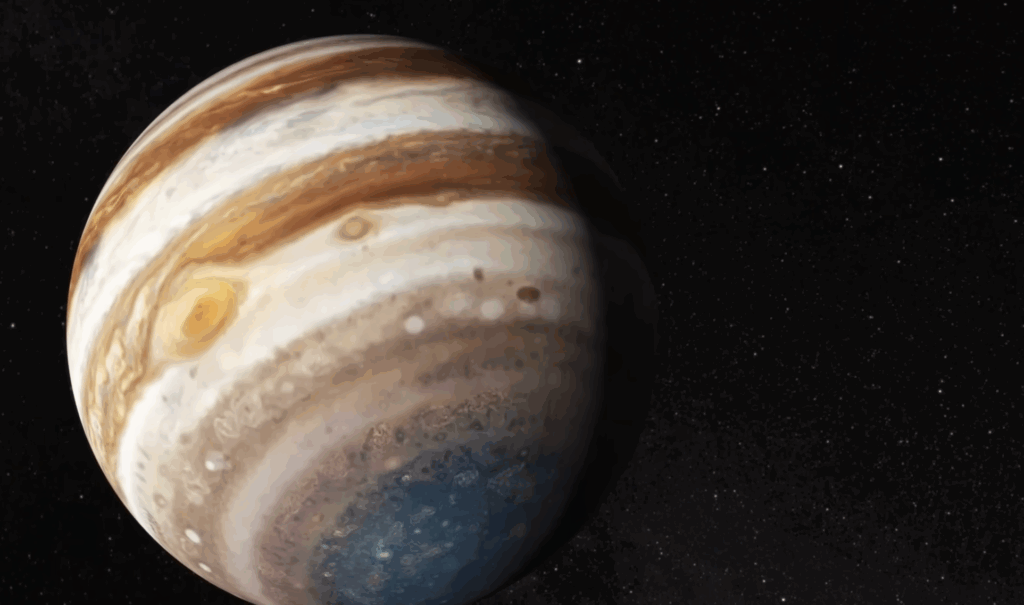
But what if Jupiter had made a different choice? Instead of gobbling up gas, imagine it continued to amass rocky material until it became the largest terrestrial planet in the solar system. Such a scenario would not only redefine Jupiter but could also trigger dramatic consequences for the entire planetary neighborhood. A rocky Jupiter would be a planet unlike anything we have ever seen, a solid titan with unimaginable gravity.
The Gravity of a Rocky Jupiter
Let us keep Jupiter’s size the same as it is today, but make it entirely rock. The result? A planet four times heavier than its current gas giant form. Remember, the real Jupiter is already about twice as massive as all the other planets in the solar system combined. With this extreme mass comes extreme gravity, roughly ten times stronger than what we experience on Earth.
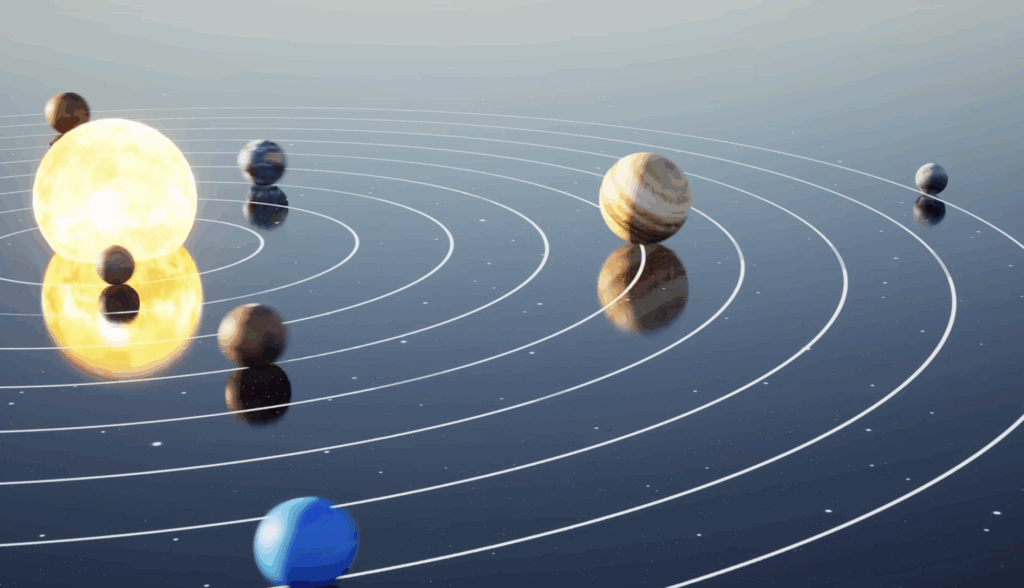
Walking on this rocky giant would be impossible. Your bones would shatter under the force, your heart would strain to pump blood, and you would likely collapse in a matter of seconds. And that is before considering the moons and asteroids that rocky Jupiter would attract, some on collision courses with the planet itself. Even standing still would be hazardous.
The Surface of a Rocky Jupiter
So what would this world actually look like? Aside from constant asteroid impacts, its surface might be surprisingly Earth like in some ways. Rocky Jupiter could retain immense internal heat from its formation, making surface temperatures comparable to our planet, despite its distance from the Sun. The planet’s thick atmosphere, driven by gravity, could allow water to exist in liquid form at extreme temperatures. Oceans could reach as high as 200 degrees Celsius, or nearly 400 degrees Fahrenheit. Swimming there would be out of the question, but the concept itself is staggering.
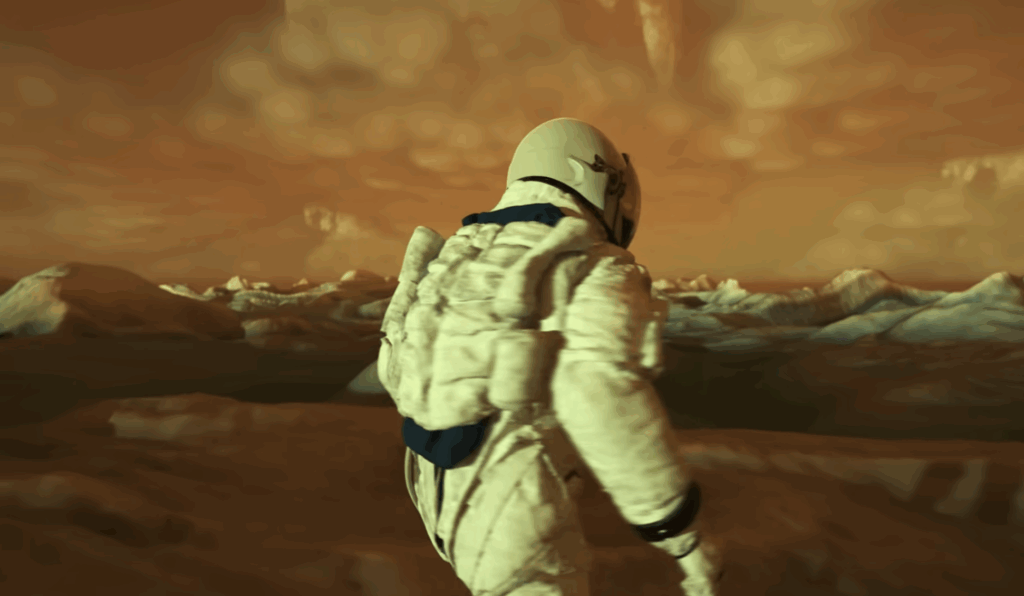
Even if you somehow survived the heat, breathing would be another challenge. Gas giant Jupiter’s atmosphere is mostly hydrogen and helium, and a rocky version might retain the same composition, leaving it completely unbreathable. Massive storms and active volcanoes would rage across the surface, producing lightning strikes of epic proportions. Yet volcanic activity could have a silver lining, releasing gases that might slowly transform the atmosphere into something potentially habitable for life, not humans, but perhaps other tougher organisms.
Could Life Exist on Rocky Jupiter?
Life on a rocky Jupiter would likely be extreme. Creatures might evolve enormous strength to withstand the gravity, towering over humans in size, or they might remain microscopic, hiding beneath the surface. Either way, these lifeforms would be adapted to conditions so alien that even the most imaginative science fiction could struggle to depict them.
However, Jupiter’s transformation into a massive rock planet would wreak havoc across the solar system. Its enhanced gravity could push Earth out of orbit, turning our planet into a scorched wasteland or a frozen iceball. Other planets and moons would be hurled from their paths, triggering collisions and widespread chaos. Humanity would face consequences long before we could ever set foot on rocky Jupiter.


